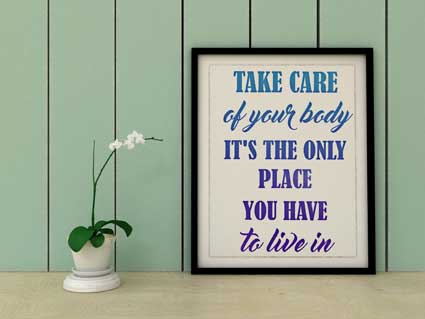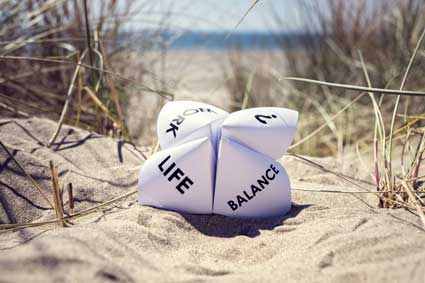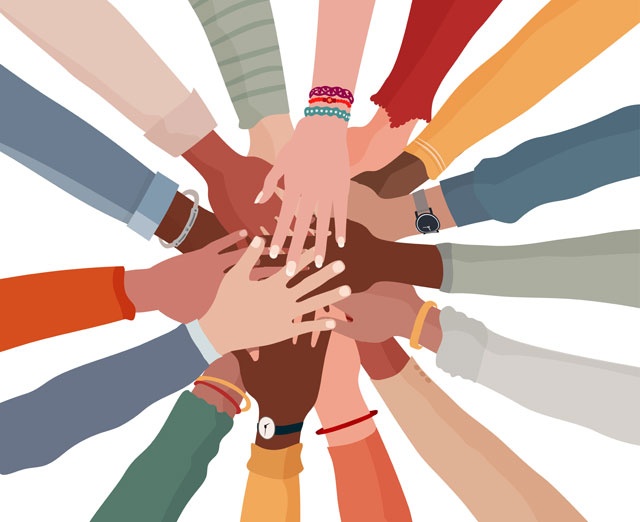People widely accept and believe that early childhood fears and events deeply impact us as adults. However, most people also exclude themselves from this "rule." People want to believe that they are immune, or didn't have any significant things happen to them as children. But, this isn't true. All of us have early influences that stick with us today, and you are no exception. Traumatic events in our early lives effect us cognitively (the ability to think and use the brain), behaviorally, emotionally, socially and physically today. Some people cannot remember their childhood traumas, and must revisit the past.
Many adults and parents think of childhood as the simplest time in life. Through years of struggle against the world, they become jaded and lose sight of the significance of things that happened in their pasts. However, these assumptions can sometimes be extremely destructive to the children involved, and that is where the desires to lessen the significance of the traumatic event comes from. The parent or adult was ensuring a kind of de-significance to the event over time, and minimizes and underestimates an event's impact on the child. The irony is that childhood and infancy are the times in your life when you are most vulnerable to the effects of trauma, not the least.
Many times, our weaknesses and fears stem from specific, traceable events and can be corrected once we realize what exactly they are. I refer to these sources of fear and pain as emotional scars. Emotional scars can be the result of many different types of trauma. Abuse is thought of as one of the most common forms of emotional scarring, but in reality, even those who have never been abused physically or mentally have emotional scars. Those events you remember in your life that are very painful to even think about, no matter how long ago it was, are possibly and probably emotional scars.
Is Emotional Trauma Effecting You Today?
-
Emotional detachment
- Inability to form healthy, good-for-the soul relationships
- Disturbing flashbacks, nightmares, and memories
-
Sense of a limited, shortened future
-
Excessive reliance on drugs, alcohol, or any other addictive substance
-
Unhealthy fear of being alone without distractions
-
Easily lost focus and concentration
-
Chronic clinical depression
-
Extreme anxiety associated with everyday, or very specific, scenarios that evoke a powerful feeling of failure, rejection, abandonment, or embarrassment
1. How quickly a negative response is triggered
2. How frequently the response is triggered
3. The intensity of the negative response associated with the trigger
4. How long the negative response takes to nullify
5. How long it takes to reach a calm state of mind after contact with the trigger
Sometimes people aren't aware of how traumatic an event can be until years after the fact; only then do they realize the significance.
How to Recover
1. The first thing each of us must do in order to heal the emotional damage is find the source. Sometimes, we can't even remember what's causing us to feel badly in the first place. If this is the case, the first step will be remembrance. If you are afraid of public speaking, you have probably been severely embarrassed, or afraid in the same type of situation in your past. This could be when you were a lot younger, or just a short time ago. Once you mentally grab hold of whatever is causing you discomfort, play out different scenarios in your head. If that is the case, this places even more importance on realizing and analyzing emotional pain. You can pinpoint the emotional scar in the following ways:
- You are easily offended by certain thing
- Specific insults never fail to get to you
- You have large amounts of self-doubt when tackling your problems
Judgments of other people are often indicators of a problem within yourself as well. Think of the people who are closest to you, and then think of the things about that person that annoy, anger, or scare you. These are often your own negative feelings about yourself projecting onto others.
When you experience fear, hone in on it. Ask yourself, "Why am I afraid?" If the answer doesn't come to you right away, that's fine. Practice this for a few minutes, and if you cannot remember, simply try again on another day.
2. The second step we can take is exposure/cleansing. Once we remember and recognize scarring, we must analyze it; we must pick it apart; we must go over it over and over in our heads until we have a perspective change that makes us embrace that event, but let it go. You may feel an overwhelming sense of relief, and a new sense of comprehension. You must come to terms with what has happened, how you feel about it, and how it has affected you, both positively and negatively. Do you think you were made more resilient because of this event? Take that into consideration, and then forgive whomever has caused you such emotional grief. It may not be an easy process for some, but forgiveness is the key of moving on and healing. You may need to forgive another person, such as a relative or parent, or you may need to focus on forgiving yourself for feeling helpless, scared, alone, or clingy. You are only human. During this time, place the most importance on visualizing and reliving the event, re-experiencing the feelings that you have been suppressing.
3. The third step is to keep healing, even after you think you're finished. You may experience such a powerful change in perspective that makes you think you are completely healed. You may very well be, but many times, you aren't quite there yet.
Tips for getting though the healing process
- Hang onto your newfound strength, even if you think you've healed completely.
- Place a higher importance on journaling and meditation.
- When journaling, make sure you include details of growth experienced, and positive things that have resulted from your discovery and unearthing of your emotional scarring.
|
Your Assignment: A) Meditation B) Journaling Choose one or the other, or both. |
The Role of Meditation in Healing
Meditation is wonderful tool in life, and is a way you can completely relax your mind and be at your most vulnerable. Vulnerability can be viewed as a bad thing, but it isn't when you are in a relaxed environment where you make all the calls, and you can think about whatever you wish. At your point of greatest enlightenment, use all of the energy within you to summon all the emotions you never felt. Embrace your emotions, cry if you need to, and you may want to take a nap after the experience. Meditation can be as simple as freeing yourself from all your distractions and going to a better place in your mind. If you have any guided meditation tapes, or have a method you usually prefer, do it that way.
The Pencil and Paper Method
This is, in fact, just as simple as it sounds. Grab your journal and head somewhere quiet. Be alone with your thoughts, and write at the top of the page, "My biggest emotional baggage," or something of that nature. After you write down your title, write down any and all thoughts you have related to that subject. Write down anything you suspect may be a cause, and explore that idea on your paper.
































